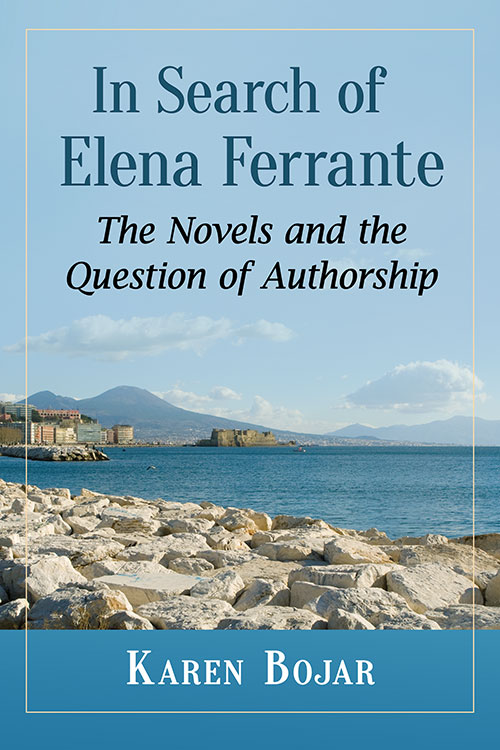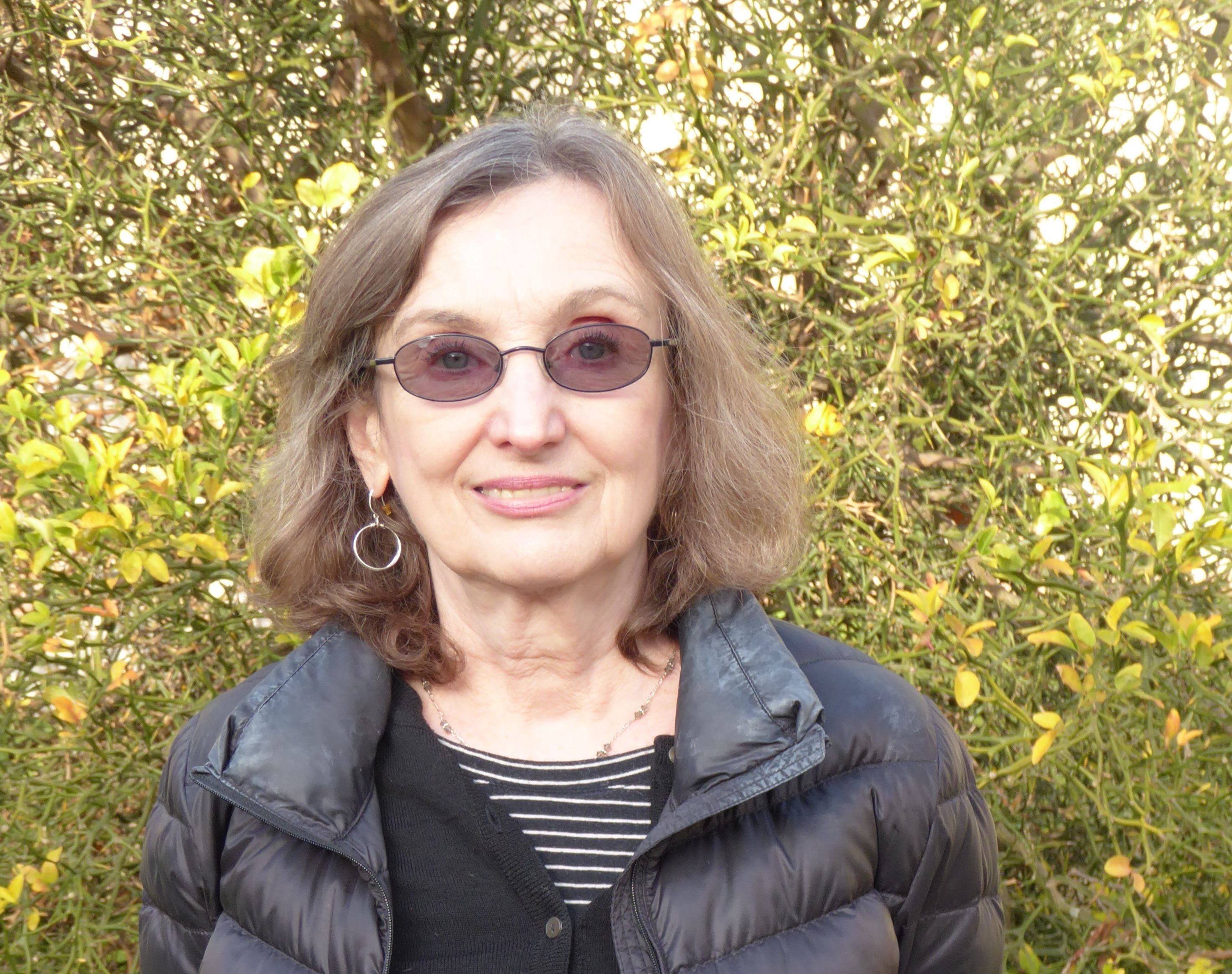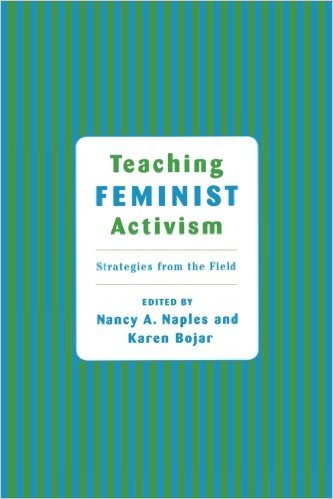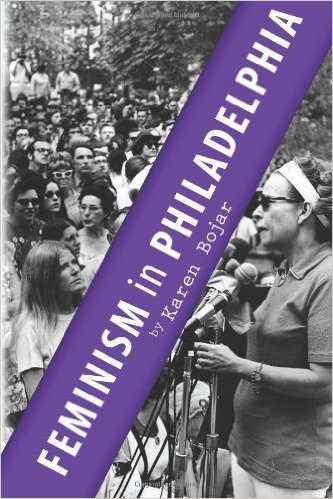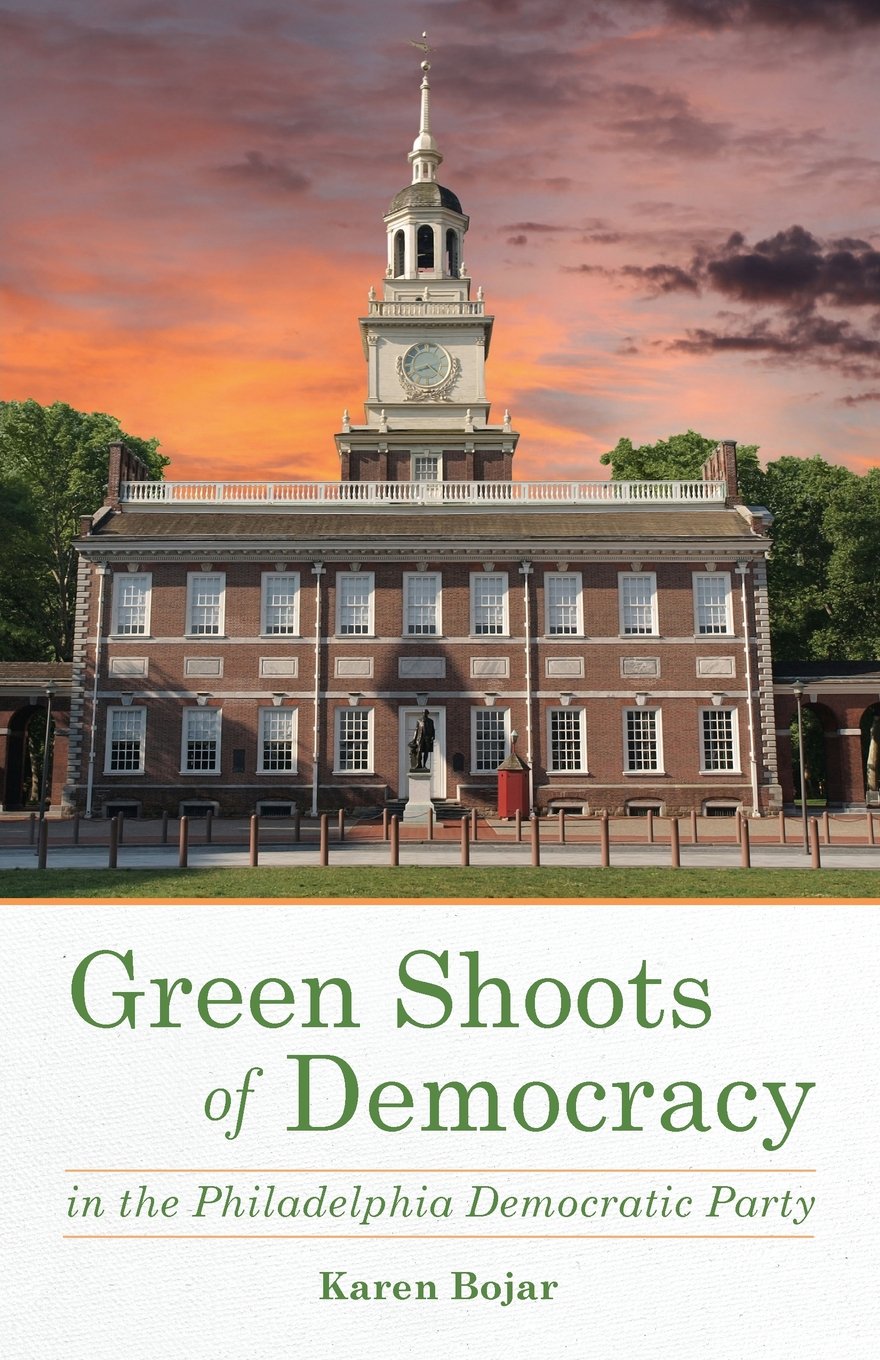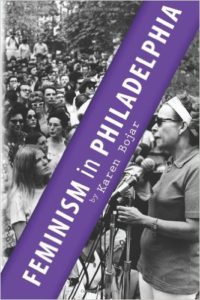 Feminism in Philadelphia: The Glory Years, 1968-1982 documents the rich history of the second wave feminist movement in Philadelphia, with a focus on the key role of the Philadelphia Chapter of the National Organization of Women. Most histories of the second wave in general and of NOW in particular have focused on the national level and the movement is largely remembered in terms of national leaders. However, it would never have changed so many hearts and minds, would never have transformed our society without the efforts of so many women in local communities, working tirelessly for gender justice.
Feminism in Philadelphia: The Glory Years, 1968-1982 documents the rich history of the second wave feminist movement in Philadelphia, with a focus on the key role of the Philadelphia Chapter of the National Organization of Women. Most histories of the second wave in general and of NOW in particular have focused on the national level and the movement is largely remembered in terms of national leaders. However, it would never have changed so many hearts and minds, would never have transformed our society without the efforts of so many women in local communities, working tirelessly for gender justice.
Feminism in Philadelphia is not the full story of second wave feminism in Philadelphia. Many low-income women, disproportionately women of color, struggled in obscurity for racial and gender justice; their actions were not recorded by the local press, and they were much less likely to leave detailed records. There were other feminists focused primarily on creating feminist free spaces—book stores, clubs, music festivals—rather than building feminist organizations. Much feminist activity was improvisational, not documented. NOW left a paper trail!
NOW’s emphasis on building a structure of national, state, and local affiliates operating on all levels of government enabled the organization to function effectively in the political arena, and was certainly a major factor in the legislative victories of the 1970s. Sometimes the victories were swift and decisive (e.g., the desegregation of Help Wanted ads), at other times long and protracted (e.g., the nine year battle to integrate Central High), but the trajectory of NOW in the 1970s was victory after victory.
As the movement grew and more people joined, they brought new ideas about the direction and focus of NOW. The entrance of new members in the mid and late 1970s, many of whom were abandoning the then disintegrating New Left, led to an increasing number of NOW members questioning whether gender equality could be attained under capitalism. In the mid-to late 1970s, the Socialist Workers’ Party (SWP) attempted to infiltrate NOW on the national and local levels. The Philadelphia chapter almost dissolved in the late 1970s. The SWP played a role in the turmoil, but the near collapse was probably as much a result of volunteer burnout as of SWP disruption.
As the decade wore on, there were conflicts due to personal animosities, ideological differences and racial tensions. Philadelphia was a segregated city in the 1960s and 1970s; it is not surprising that the local NOW chapter reflected this. NOW chapters expanded through the social networks of the founders, and as they acknowledged, those networks were largely white and middle class. In 1980 Jocelyn Morris set up a new chapter in Philadelphia–Germantown NOW, formed to focus on the connections between sexism and racism and to build support for the passage of the ERA among women of color.
Feminism in Philadelphia concludes with the struggle for the passage of the ERA. Many NOW members made enormous personal sacrifices in the final years before the June 30, 1982 deadline for ratification. They came tantalizingly close to reaching their goal. Although the ERA did not pass, the ERA campaign itself became a training ground in the basics of the political process and Philadelphia NOW members who had been part of the campaign considered running for office. 1982 marks end of heady social movement phase; focus in the backlash years was on protecting gains and building feminist institutions rather than winning further victories.
Feminism in Philadelphia is available at:
http://www.amazon.com/Feminism-Philadelphia-Glory-Years-1968-1982/dp/1482693062/ref=sr_1_3?s=books&ie=UTF8&qid=1464638140&sr=1-3&keywords=karen+bojar
For more information, please see: https://www.facebook.com/FeminismInPhiladelphiaTheGloryYears19681982/
